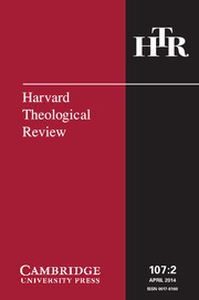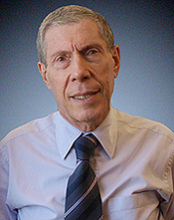 What the Harvard Theological Review giveth, it evidently will not taketh away.
What the Harvard Theological Review giveth, it evidently will not taketh away.
The venerable publication about religious matters is refusing to retract a 2014 article by a noted scholar of early Christianity despite evidence that the article — about Jesus’s wife — was based on a forgery.
The paper, by Harvard theologian Karen King, described a Coptic papyrus called “The Gospel of Jesus’s Wife,” which, among other things, includes language that suggests Christ was married: Continue reading Coptic cop-out? Religion journal won’t pull paper based on bogus ‘gospel’







 A Boston doctor indicted on charges of Medicare fraud in 2007 has had a paper relating to the case retracted this month.
A Boston doctor indicted on charges of Medicare fraud in 2007 has had a paper relating to the case retracted this month.